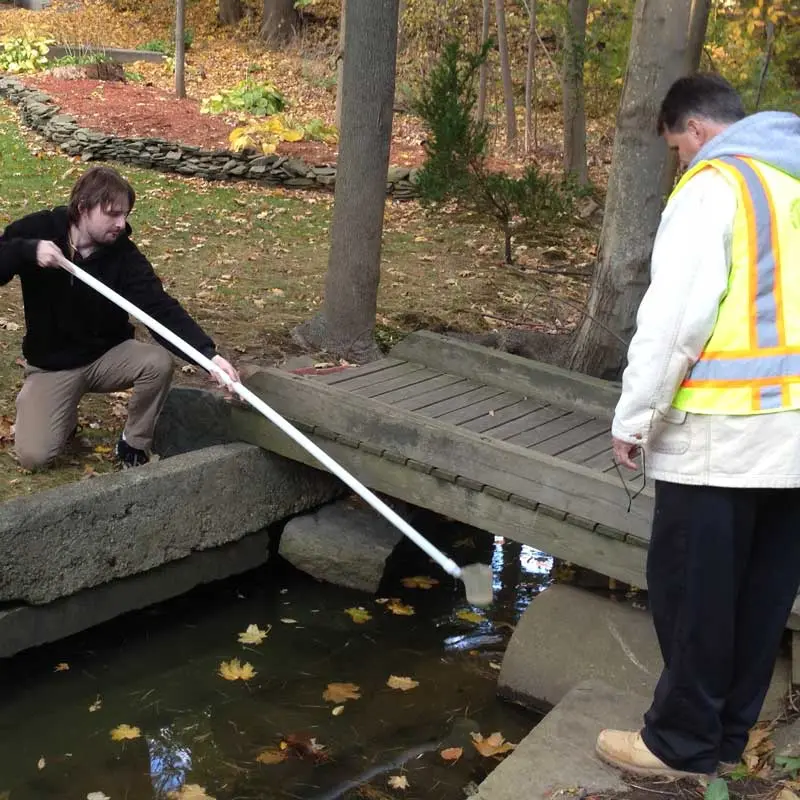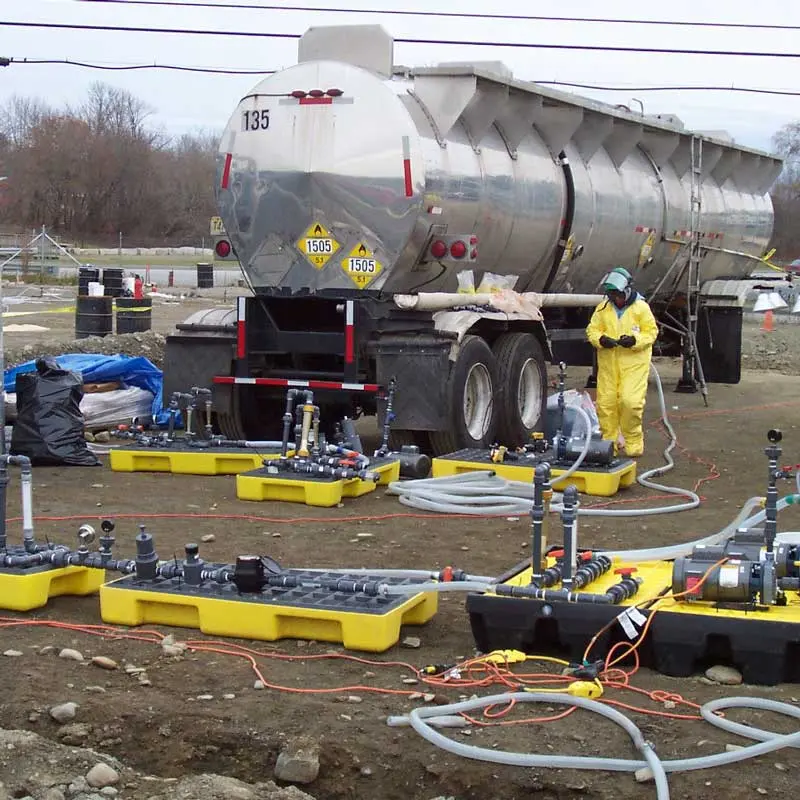What courses will you take?

The B.S.E. in Environmental Engineering begins with fundamental courses in college writing, mathematics and science. You will also take an introduction to civil and environmental engineering course that covers computer-aided engineering and design.
During the second year, you will learn additional engineering mathematics, basic engineering mechanics and biology for engineers. Other courses introduce environmental engineering, including an associated laboratory class and environmental engineering chemistry.
Junior year coursework addresses energy and sustainability, groundwater hydrogeology and remediation, and biological processes in environmental engineering. In the senior year, you will focus on chemical fate and transport in the environment, air quality and solid waste engineering. You can also take two professional electives, which will count toward a master’s degree if you are accepted into the combined B.S.E./M.S.E. program.
In the final semester, you will complete a capstone design project for the solution of an environmental problem.
UMass Lowell is the only public research university in Massachusetts to offer an undergraduate major in Environmental Engineering.
Visit the Academic Catalog for a complete course listing and to learn more about the minor in Business Administration for Civil and Environmental Engineering.









